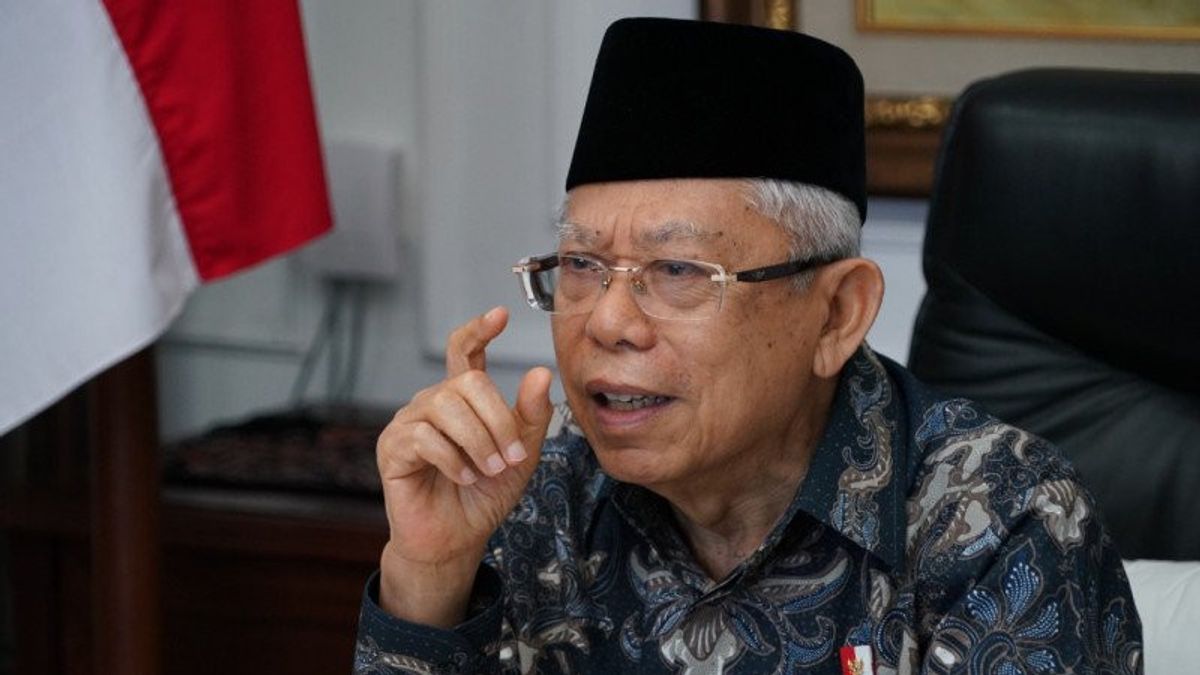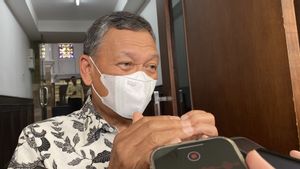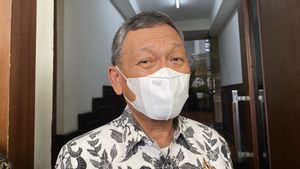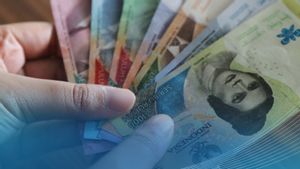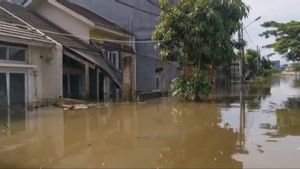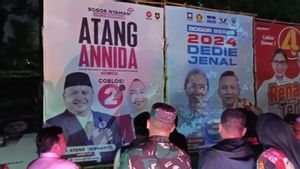JAKARTA - Since the enactment of the policy to accelerate the elimination of extreme poverty as a priority for the government in 2021 by President Joko Widodo, there have been various stages of progress such as a decrease in the extreme poverty rate from 2.04 percent in March 2022 to 1.12 percent based on the calculation of the Central Statistics Agency (BPS) in March 2023.
In the National Coordination Meeting and the Submission of Fiscal Incentives on Thursday 9 November, Vice President Ma'ruf Amin instructed all leaders of Ministries or Institutions (K/L) and Regional Governments to maintain the trend of reducing extreme poverty until the target for extreme poverty levels approaches 0 percent by 2024.
"I ask that the consistency of all regional leaders be maintained. Mainly in implementing strategies to reduce the burden of spending on the community, increase sustainable income for extreme poor groups, and reduce the number of poverty bags," said Head of the National Team for the Acceleration of Poverty Reduction (TNP2K) Ma'ruf Amin in his statement Friday, November 10.
Ma'ruf Amin emphasized that it is also to empower people who prioritize growth and affordability aspects so that they become a common concern.
The success of reducing poverty levels is supported by sharpening targets through utilizing P3KE data, program convergence, and improving the quality of program implementation.
In addition, the key to successful efforts to eliminate extreme poverty is program convergence and improvement in target accuracy.
Where, convergence of programs is important to ensure that various programs reducing expenses and economic empowerment, can target pockets of poverty.
Regarding the incentives provided by the government, Ma'ruf Amin instructed three things, namely to maximize incentive funds in strengthening the strategy to eliminate extreme poverty, especially for activities whose benefits are directly accepted by the community.
Then ensure that the target recipients of the extreme poverty program use P3KE data to be more targeted in their intervention, especially for poor groups with limited access, the elderly, and people with disabilities.
Furthermore, it intensified synergy and collaboration between K/L and local governments, universities, the business world, and industry in the potential sector.
Based on Presidential Instruction Number 4 of 2022 concerning the Acceleration of the Elimination of Extreme Poverty, Coordinating Minister for Economic Affairs Airlangga Hartarto is mandated to coordinate, synchronize, and control Ministries/Agencies policies in an effort to increase people's income through economic empowerment and increase productivity.
SEE ALSO:
In the implementation of the Presidential Instruction, Airlanga conveyed that there are several programs for community economic empowerment carried out by the Government, including pre-employment card programs to increase access to work/solid work and increase the capacity of digital human resources/skills, as well as people's business credit programs (KUR) to increase capacity and access to MSME financing.
In addition, there are also social protection programs, such as Direct Cash Assistance (BLT) and rice food assistance.
"Yesterday, in the discussion regarding rice aid, next year we will use new data. So this is regsosek data that continues to be updated. So, of course, this data is dynamic. Moreover, we talked about decile 1, decil 2, decil 3, decil 4, which of course must continue to be updated, to provide assistance so that it is right on target," said Airlangga.
The English, Chinese, Japanese, Arabic, and French versions are automatically generated by the AI. So there may still be inaccuracies in translating, please always see Indonesian as our main language. (system supported by DigitalSiber.id)
